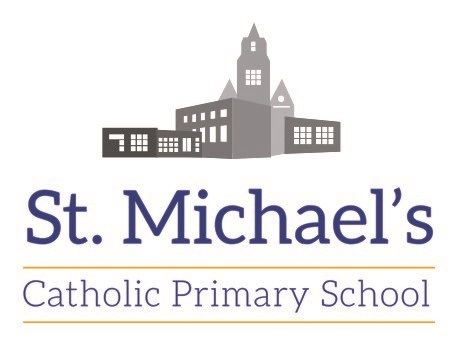MFL
MFL Statement
The 2014 National Curriculum for Modern Foreign Languages aims to ensure that all children:
- Understand and respond to spoken and written language from a variety of authentic sources.
- Are able to speak with increasing confidence, fluency and spontaneity, finding ways of communicating what they want to say, including through discussion and asking questions, and that they are continually improving the accuracy of their pronunciation and intonation.
- Can write at varying length, for different purposes and audiences, using the variety of grammatical structures that they have learnt.
- Discover and develop an appreciation of a range of writing in the language studied.
Intent
To provide children with reading, writing, speaking and listening and skills in another language.
To open their mind to a world wider than their own.
To use another language in an everyday context.
To provide the children with a balanced and broad education.
To develop and introduce a difference culture, tradition and beliefs.
Implementation
Children in Year 1 receive one session one 20 minute session of explicit MFL teaching provided by a specialist language teacher one week, followed by a lesson from their class teacher the next week.
Children in Year 2 receive one session one 20 minute session each week of explicit MFL teaching provided by a specialist language teacher.
Children in KS2 will receive one 30-45 minute session of explicit MFL teaching per week, provided by a specialist language teacher.
The themes covered allow for progression year on year and also tie in to national and international events.
Lessons allow for creativity through the use of song, dance, role play and games.
Language is spontaneously in the classroom. For example, the register and other greetings.
Impact
An increased love of the world and different cultures.
Transition into modern foreign language for high school.
To develop their knowledge of where different languages are spoken in the world.
